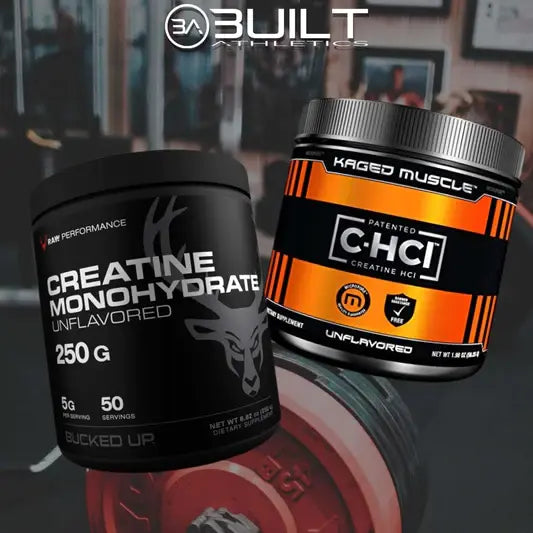Aside from providing your muscles with a steady supply of energy to help you achieve those gains in the gym, creatine offers a whole slew of health benefits. The compound, which is produced in the body and also available as a supplement, can help you maintain healthy blood sugar levels, increase your focus, and even improve musculoskeletal health in certain populations.
“Creatine supplements are popular with athletes and bodybuilders because they may help improve muscle strength and size,” says dietitian Noah Quezada, R.D.N., of Noah’s Nutrition. “But creatine can also be beneficial for non-athletes, including older adults who want to improve their muscle strength and reduce their risk of falls.”
Though we can consume naturally-occurring creatine in meat and fish, most people don’t get enough from their diets, Quezada says. Plus, research shows that creatine supplements increase the amount of creatine in the muscles by up to 30 percent.
But if there’s one gripe to be had with creatine, it’s that some find supplementing with it causes bloating. If that’s the case for you, the solution could be to switch up the type of creatine you take, from the popular creatine monohydrate to creatine hydrochloride (or HCI).
Here’s what else you should know about the differences between these two popular forms of muscle-boosting creatine.
How Does Creatine Monohydrate Differ From Creatine Hydrochloride?
When it comes to strength and muscle growth, the benefits of creatine monohydrate and hydrochloride are similar.
Creatine monohydrate is the most studied form of creatine and is made up of a creatine molecule and water molecule. It best resembles the natural form of creatine synthesized by the body.
Meanwhile, creatine hydrochloride is made up of a creatine molecule and a hydrochloride molecule, she says. This form shows improved absorption and solubility, making it the preferred form for those who experience stomach upset with creatine monohydrate.
However, creatine hydrochloride’s improved absorption and solubility don’t mean that it’s more effective. “It’s simply a comparable option for those that complain of monohydrate side effects,” researchers point out.
Which Is Right For You: Creatine Monohydrate Or Creatine Hydrochloride?
Determining whether creatine monohydrate or creatine hydrochloride is best for you ultimately comes down to personal preference. That said, creatine hydrochloride is gaining popularity lately because of its solubility and bioavailability.
What we do know:
Creatine hydrochloride is 38 times more soluble in water than creatine monohydrate. For that reason, in addition to easier digestion, many reviews on monohydrate express a negative about the texture. (Although a select few have added ingredients to dissolve monohydrate in water such as CreaClear by Kaged).
Because of its solubility, some argue that creatine HCl is more effective at a lower dose, but that actually wasn’t the case in one of the only studies comparing the two. And while that study suggests creatine HCl may have a slight advantage over creatine monohydrate for improving body composition, the two are comparable in terms of strength gains, researchers note.
Conclusion: Really, there’s not enough evidence to know for sure if creatine HCl has any strong advantages over creatine monohydrate.
What that means for you? Stick with whatever form of the muscle-loving supplement goes down easy and sits well in your stomach; you’ll be supporting your gains either way.
Take a look at what is currently on the shelves at Builtathletics.com HERE and grab some while you can. Creatine is on the short list of availability with a current shortage in the US. We run out fast and often.

